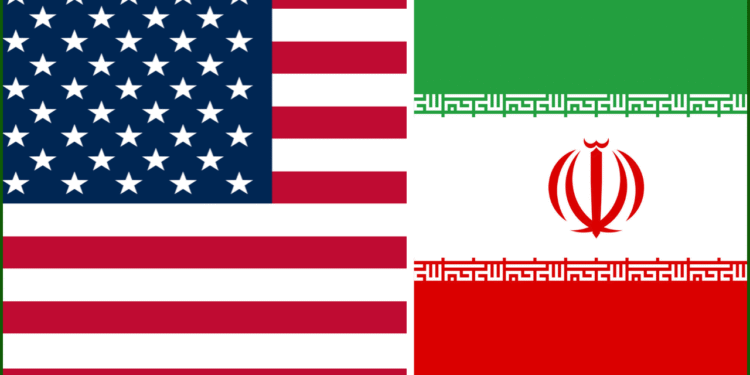Iran and U.S. negotiators concluded their fifth round of nuclear talks in Rome on May 23, 2025, aiming to curb Iran’s nuclear program in exchange for sanctions reli. Mediated by Oman, the discussions achieved limited progress, according to both Iranian and Omani officia]
Iranian Foreign Minister Abbas Araqchi described the talks as professional, highlighting that Oman’s proposals offered a constructive path forward for negotiations, fostering optimism for diplomatic progress. He said the suggestions would be reviewed in Tehran and Washington, with further talks to be scheduled later. Omani Foreign Minister Badr Albusaidi described the outcome as showing “incremental but not definitive progress.”
The U.S. aims to prevent Iran from developing nuclear weapons, citing risks of a regional arms race. Iran seeks relief from economic sanctions and insists on maintaining a civilian nuclear program with limited uranium enrichment. Tensions persist over Iran’s enriched uranium stockpile and ballistic missile program, which Tehran refuses to negotiate.
Iran’s Supreme Leader Ayatollah Ali Khamenei has rejected demands to halt enrichment, while U.S. Secretary of State Marco Rubio emphasized allowing only a non-enrichment nuclear energy program for Iran. Historical mistrust, stemming from the U.S. withdrawal from a 2015 nuclear deal, complicates the talks, with Iran demanding guarantees against future U.S. backtracking.
Israel’s concerns about Iran’s nuclear ambitions and potential military responses add further complexity. Iran has warned of consequences for any attacks on its facilities, holding the U.S. accountable.
While the Rome talks mark a small step forward, significant challenges remain as both sides navigate their strategic and diplomatic priorities.

















































